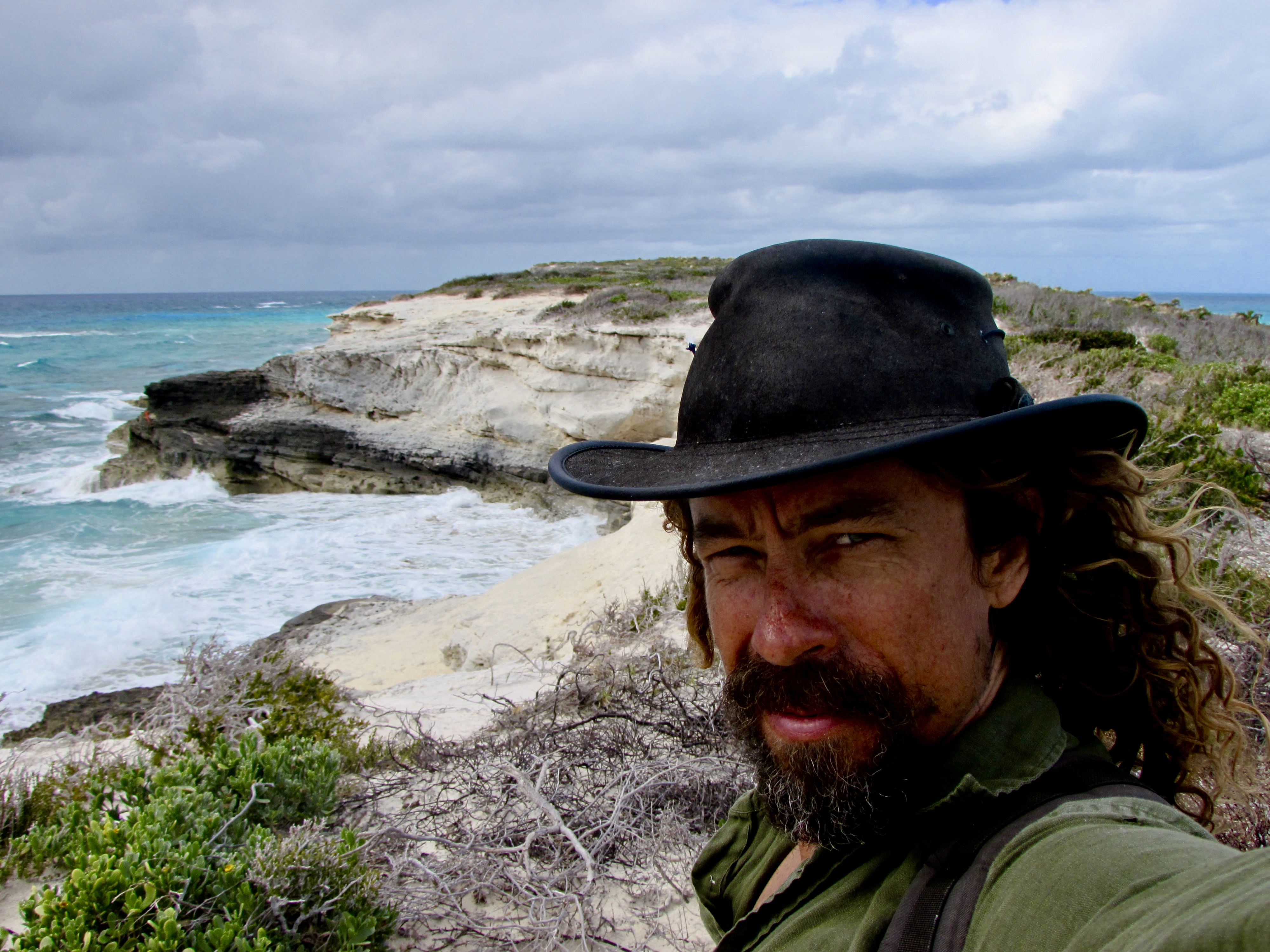Social media is a wonderful and powerful communication tool. While it is easy to criticize some aspects of it, the truth remains that social media is connecting the world, bringing people of diverse backgrounds and beliefs together, allowing us to share ideas and debate sensitive topics.
In the current political climate of division, many of us have unfriended those who stand on the opposite side of our own political leanings. This is a completely natural reaction, harkening back to our tribal instincts. However, it is a reaction, and not a well-thought-out plan.
When we unfriend those we don’t agree with, we undermine one of the best aspects of social media: its ability to bring together diverse groups of people who would otherwise have no contact with each other. Unfriending our foils has at least three negative results.
When we can no longer see each other’s posts, we lose the ability to assert influence over our political adversaries. They can no longer see the logic of our philosophies or the positive outcomes of our intelligent and well-planned lifestyles. We’ve lost the opportunity to engage them in debates, to cause them to think about their beliefs or wonder about the validity of the propaganda that they have been ingesting. If there is no contact, then there is no influence.
We’ve also lost the opportunity to learn from them. Perhaps we have been ingesting propaganda too. Perhaps they have something to say that we can learn from. We can never rest on our laurels and refuse to learn new things or wonder if some of the news we believe might be propaganda. Even if this is not the case, we can at the very least learn why our political opposites feel the way they do. We can at least have some window into their minds from which we can glean information useful in our debates and attempts to wage influence. If all of our contacts feel exactly as we do, then our social media bubble serves only to stroke our own egos and reassure us that our lives are just as they should be, stifling our development of wisdom.
And finally, when we unfriend our political opposites, we push them further into their own political bubbles. Now they have one less friend on the other side. Now they have a larger percentage of friends who feel the same way as they do. Now they believe their propaganda even more and become more extreme in their political belief-system. We don’t want to be complicit in the creation of extremists on the other side of our logic.
It can seem a fruitless effort to debate with those on the opposite side of the political spectrum, because it almost never happens that someone concedes defeat in a social-media debate. However, if they are debating, then they are being forced to think about their stance. Carefully-crafted questions can make people rethink their belief-systems, and if we know there is a hole in their logic, we can lead them to it and cause them to consider it. Once this has been achieved, consider it a victory, regardless of the response. Also remember that for every person who responds to a post, there are many more who read the post along with its questions and responses, without typing in their own comments. These invisible people are also influenced.
Resist the desire to demean or insult those with whom you debate. While it may seem obvious to you that they are fools and their political or social stances are ridiculous, we gain nothing by insulting them. This only pushes them away. Instead we need to cause them to rethink their stance and provide a welcoming climate for them to join. Their debating with us is the first step to changing their minds. Our goal is for them to switch sides and join the forces of good. We need to show them that they will be welcomed to our side should they choose to join us.
Divide and conquer has long been a political and military strategy. We are a stronger nation and world-community if we remain together. We are stronger and become smarter if we engage in debates with those who feel differently than ourselves. We are stronger as a team, whether we agree on everything or not. This is the strength of diversity. The more diverse our social-media community, the stronger we are as a population. The more we become divided, the weaker we are as a people, and our real enemies become stronger.


